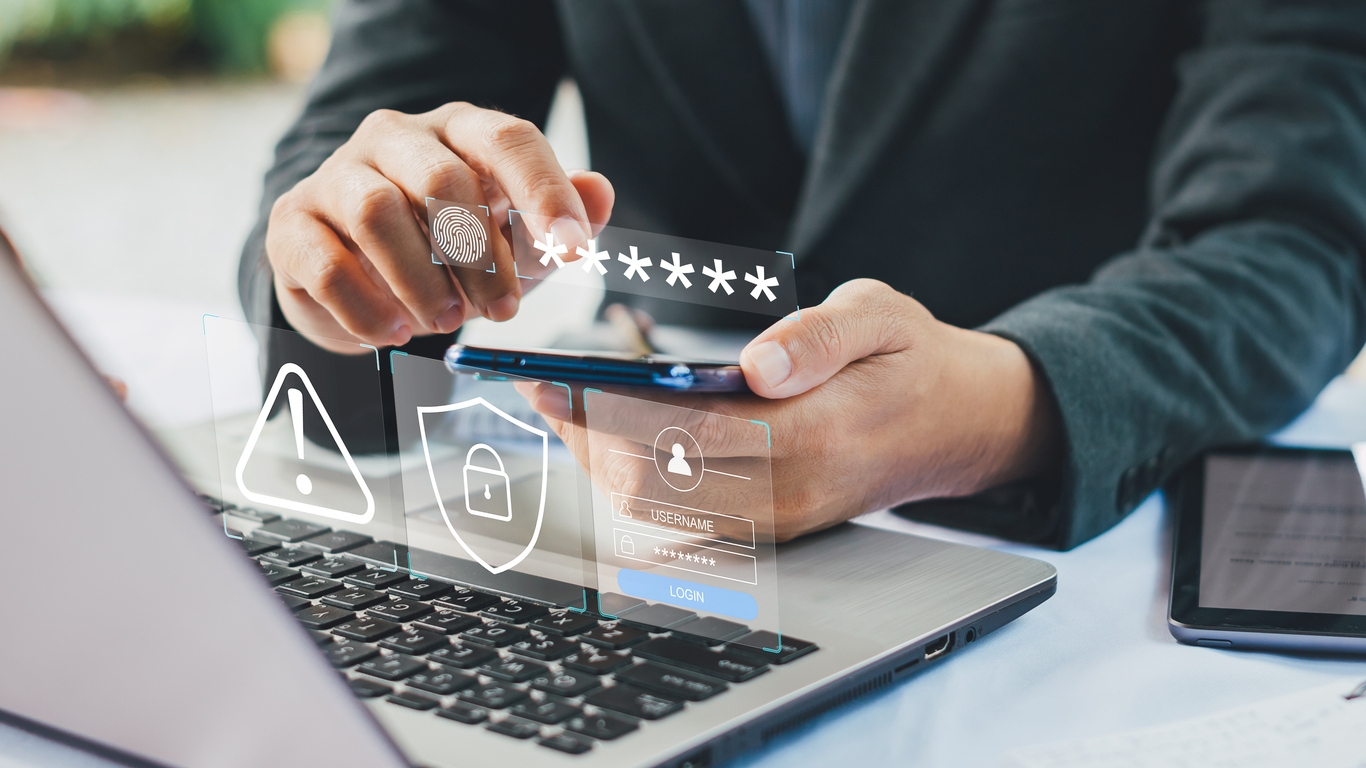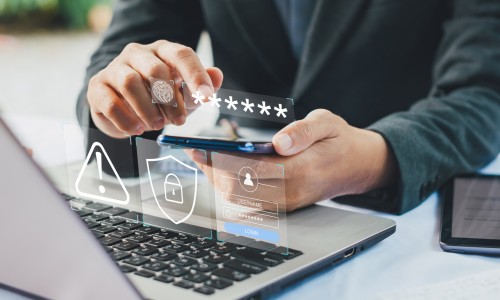
Why Multi-Factor Authentication is a Must for Your Business Security
20 February 2025
Did you know that businesses in the UK lose a staggering 31 billion pounds annually to security breaches? Leading to closures and bankruptcies across the divide. Hackers and other bad actors are getting craftier by the day, so nowadays, passwords are simply not enough to protect your business data.
For the highest level of security, you should consider multi-factor authentication. Join us today as we explore why multi-factor authentication is an absolute must for your business.
What Is Multi-Factor Authentication?
Multi-factor authentication, or MFA in short, is a security measure for IT infrastructure that requires users to provide at least two forms of identification before gaining access. This adds extra layers of protection to sensitive data and IT systems.
Let’s say you want to sign into your work account. Normally, you’d require your Work ID and password to do so. However, with MFA, you may have to provide:
- Your work ID
- Password
- Fingerprint
- One-time short code sent to your phone
These additional authentication steps make gaining unauthorized access to your work account much more difficult. It’s almost impossible for attackers to bypass every layer without an insider. This makes MFA one of the most secure ways to protect your business from external attacks.
Why Do Businesses Need Multi-Factor Authentication
As hackers get more sophisticated in their attacks, businesses must keep up and implement more robust security protocols. Here’s why your business needs MFA
For Stronger Authentication
Weak passwords are, unsurprisingly, the biggest threat to data security for businesses. Over 80% of data breaches result from stolen, weak, or re-used passwords. Sure, you could always implement better password policies, but even strong passwords can be compromised.
With multi-factor authentication, employees and other users must verify their identity more than once to gain access. This means that even if hackers steal your password, they can’t make it past the subsequent authentication steps.
To Reduce the Risk of Unmanaged Devices
The adoption of remote work means more devices can gain access to your digital assets and IT infrastructure. The more devices logging into your systems, the harder it is to protect them from hackers. For instance, employees can log in to your systems with a malware-infected phone, spreading the malware to all connected devices.
Multi-factor authentication reduces the risk of data breaches, even with personal devices. While hackers may gain access to your employees’ devices, they’d still have to bypass all authentication factors, which is almost impossible.
For Better Employee Productivity and Flexibility
Most employees struggle to remember their personal passwords, let alone the multiple passwords for work applications. This explains why most use simple passwords like “12345” or “qwerty.” Complex passwords are hard to remember, and if they forget their passwords, they have to reset them.
However, resetting passwords usually takes a lot of time. Time that they could use to work on more productive tasks. By implementing multi-factor authentication, you can ease the burden of remembering passwords since employees can sign in how they want. They could scan their fingerprints, use a passphrase, or receive a one-time code on their phones.
To Reduce Your IT Admins’ Workload
IT admins usually have plenty on their plate. If they’re not updating company software, they’re handling technical support requests or managing network infrastructure. The last thing they want is to deal with password-related issues and account lock-outs.
MFA means IT admins can rest easy knowing they don’t have to worry about resets and strict password policies. It also allows them to easily identify suspicious activity and take prompt action. As such, your IT admins can focus on more important stuff while your data security remains tight.
To Remain Compliant With Data Regulations
Non-compliance with data protection laws and regulations like the General Data Protection Regulation (GDPR) can lead to severe legal consequences. All businesses that store sensitive personal information must observe these regulations or risk hefty fines.
Multi-factor authentication safeguards your customers’ and employees’ data so you can remain fully compliant with data regulations. In fact, MFA is mandatory with regulations like GDPR, PCI-DSS, and HIPAA. It helps ensure that only authorized individuals have access to sensitive data, reducing the risk of data breaches and unauthorized disclosures.
Implement Multi-Factor Authentication Today
Multi-factor authentication is a simple and effective way to protect your business’s digital assets and infrastructure without draining your bank account. All you need to do is hire a reputable data security expert and educate your team on MFA, and you’ll be good to go. Remember, it could be the only thing standing between your business and security breaches that could ruin your business.
Are you looking for an experienced IT solutions company in Liverpool to implement multi-factor authentication in your business? If so, talk to us today, and we’ll schedule a consultation to discuss how we can get you on board.



